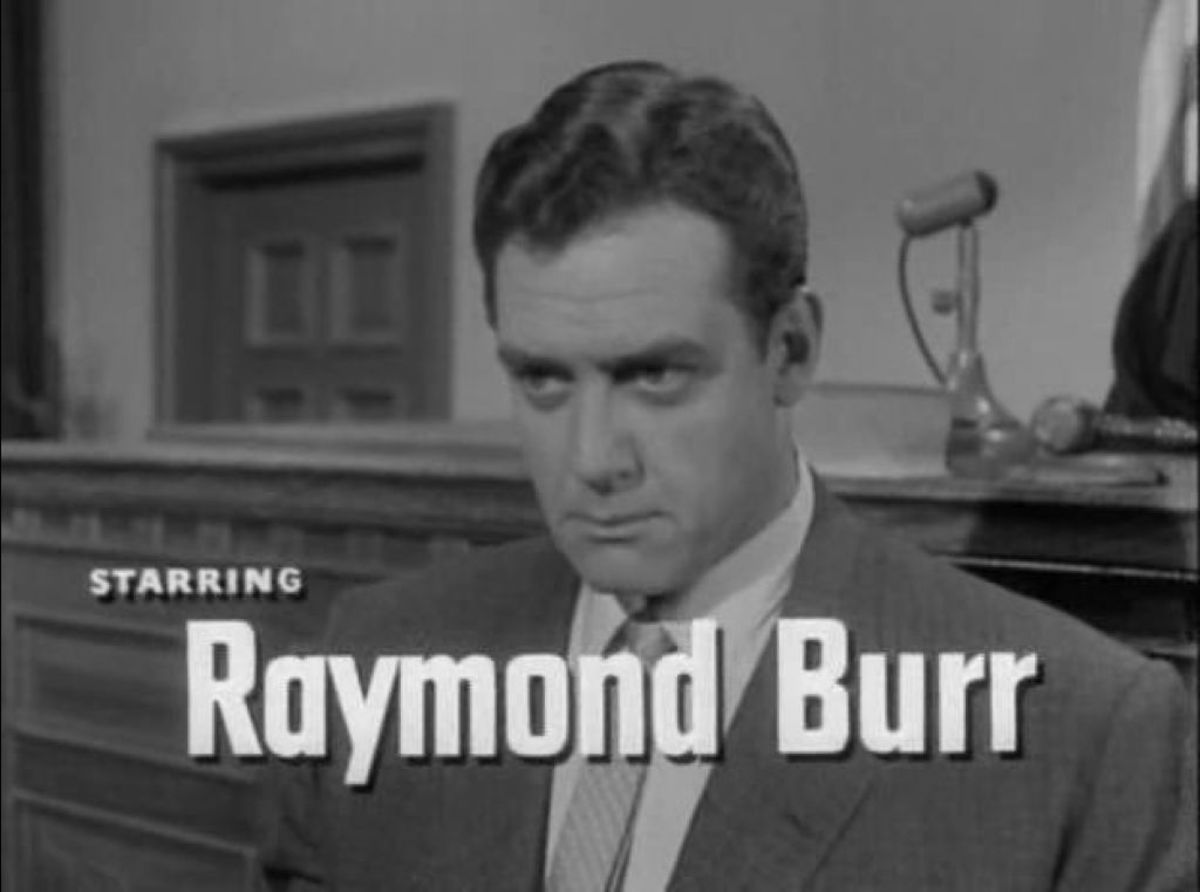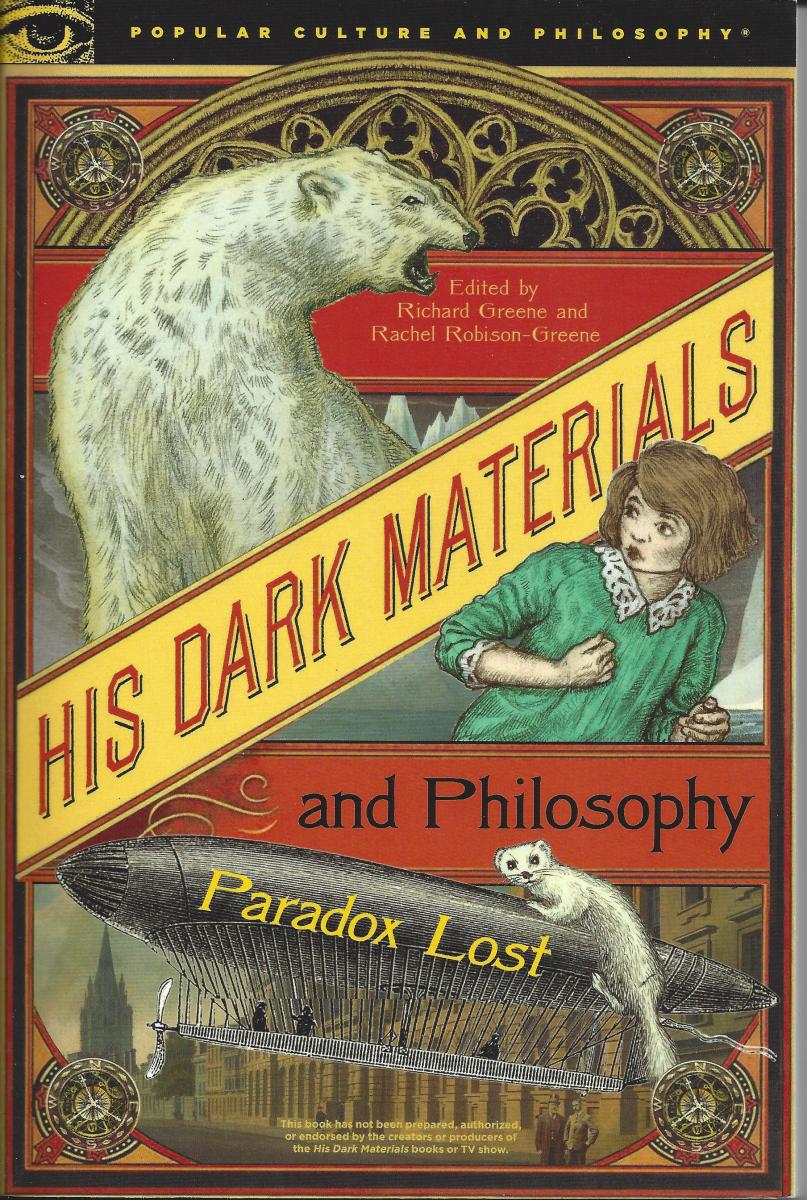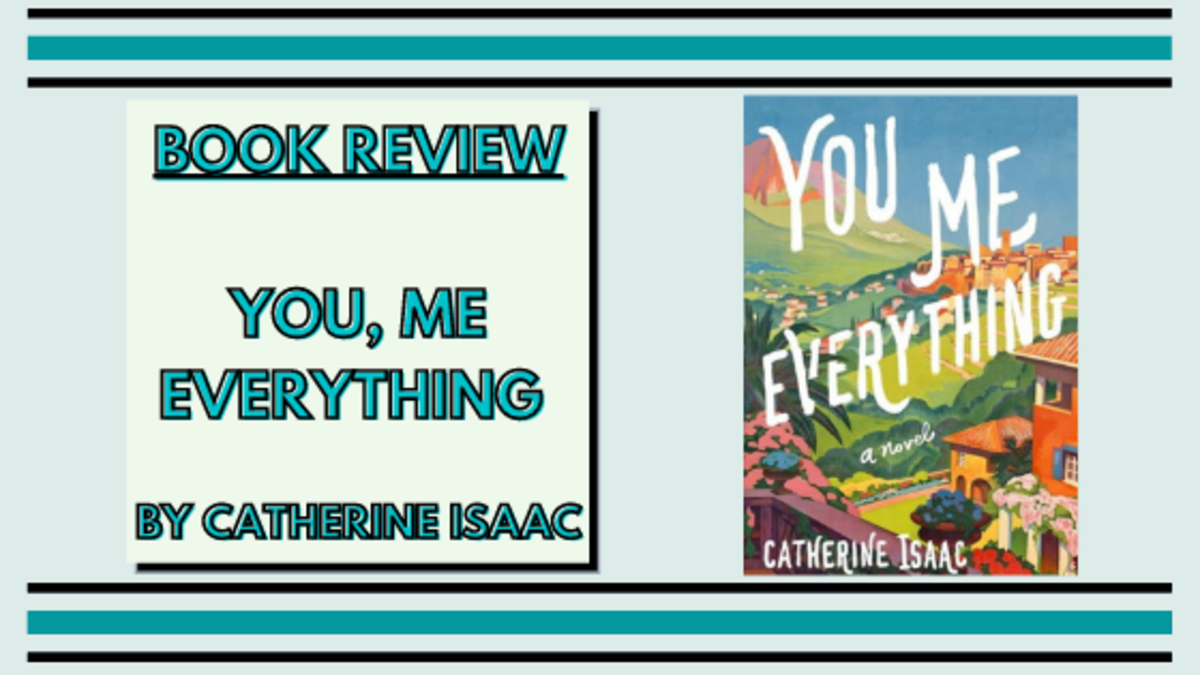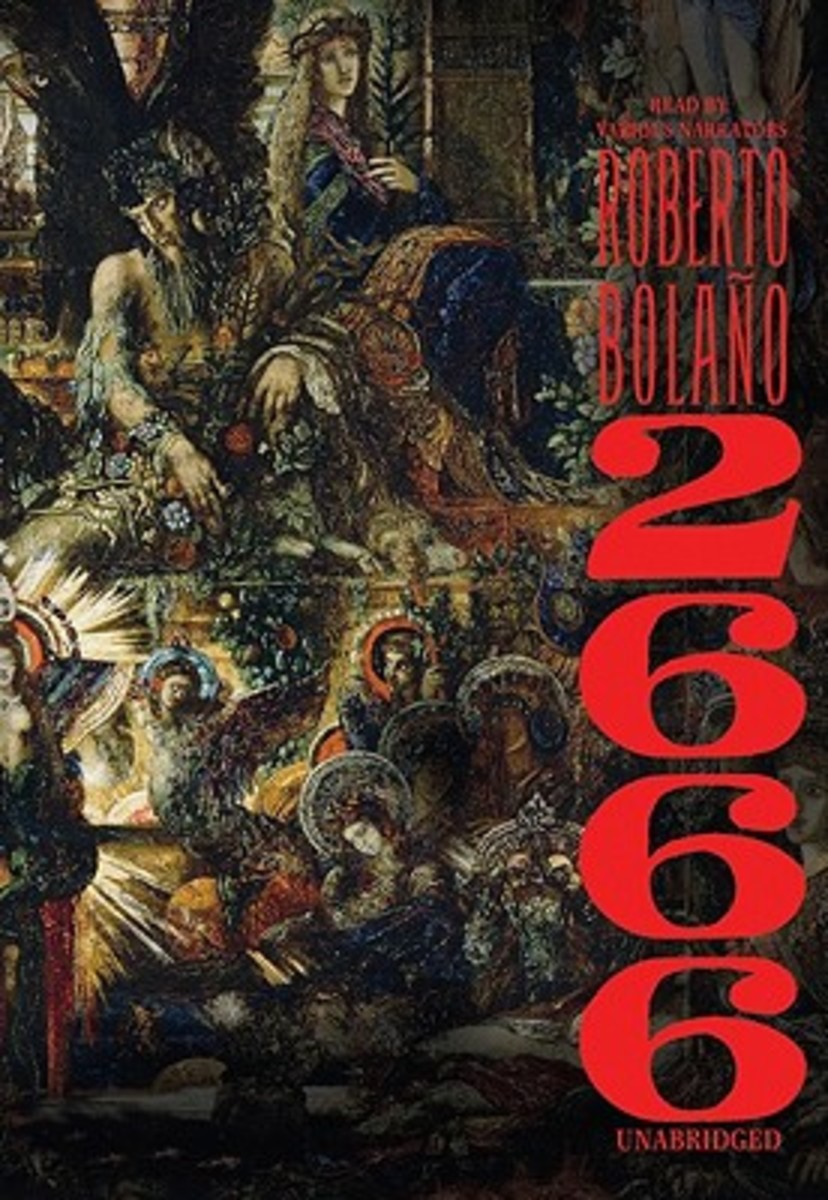Book Review: 'Perry Mason and Philosophy'
The “Perry Mason” franchise is best known for the decade-long TV show. However, it also consists of several dozen movies and novels. And the “Pop Culture and Philosophy” series has turned its attention to the classic “Perry Mason” universe.
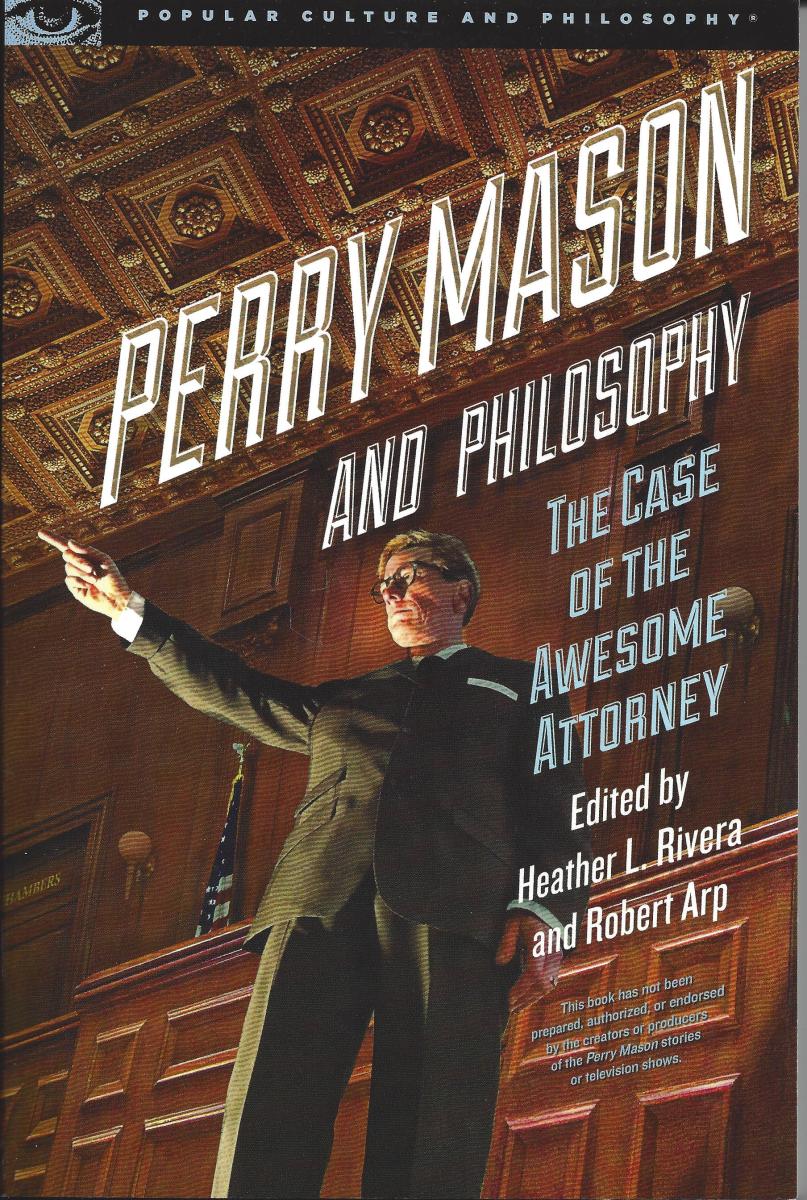
What Is Covered in "Perry Mason and Philosophy"?
Chapter 1 asks if Perry Mason is good. He only takes people that he somehow knows are innocent and then defends them. This essay answers the question pulling from Kant and consequentialist morality.
Chapter 2 explains the success of the series. For example, there’s no moral ambiguity – everyone is falsely accused and saved by Perry Mason. The adventure is how it is proven. The author uses Aristotle’s concept of rhetoric in the service of truth to argue that Perry Mason’s ethical worldview is either Kantian or Confucian.
Chapter 3 compares “Better Call Saul” to “Perry Mason”. Why is Perry Mason considered more moral than Saul, when he does everything from switch evidence to lie to people?
Chapter 4 focuses on the renegade refugee episode. This is the episode where there is a possible secret Nazi. The essay puts this episode into its historic context, airing after the capture of Adolf Eichman and appearing at the same time as “Hogan’s Heroes”.
Chapter 5 analyzes the many problems with eye witness identification. It discusses the fluidity of memory including examples in Perry Mason cases and Project Innocence data.
Chapter 6 asks why Perry Mason and the police interpret the evidence so differently. It pulls form Hume’s Treatise of Human Nature and talks about justified true belief.
Chapter 7 introduces the concept of deductive logic while explaining how Perry Mason always wins by logic.
Chapter 8 explains how Perry Mason comes up with alternative theories with the same evidence the police have. It does so using Bayes’ Theorem.
Chapter 9 is a humorous piece that argues Perry Mason is a Courtroom Messiah.
Chapter 10 discusses the role of temptation in crime and detective fiction. It then analyzes Della’s role as a secretary, a word that means keeper of secrets. It analyzes the ongoing threat of romance between Perry and Della.
Chapter 11 outlines the formula every Perry Mason story follows. It then launches into a discussion on epistemology. Why do all murderers break down and confess in public in every case? What purpose does this serve the audience and the narrative? The conclusion is that Perry Mason is as much a psychoanalyst as legal expert.
Chapter 12 focuses on the character of Della Street. What role does she play? How is her role in the books and the series defined by the times in which it was written? What would she be like if updated today?
Chapter 13 casts Perry Mason as a Greek tragedy. It is another piece that mines Aristotle and compares Perry Mason story structure to that of good tragedies.
Chapter 14 is an analysis of confessions, a hallmark of the show. Every episode of the TV show, every book and every movie has the confession of the true guilty party as the turning point. It then discusses the philosophy of the spectacle of confession. (Many social justice types need to read this and understand why demanding public confessions and shaming is wrong.)
Chapter 15 presents Friedrich Nietzsche’s power and function of judgement and ties it to the determination of means, motive and opportunity required to prove every person guilty.
Chapter 16 argues that Perry Mason’s stories are always a quest for justice. It also analyzes the philosophical worldview of Emmanuel Levinas, a French Jew who was trapped in Nazi death camps. Unfortunately, he then resorts to Derrida and argues testimony isn’t proof.
Perry Mason fans may appreciate the appendices in “Perry Mason and Philosophy”. There is a list of every TV show episode, movie and novel.
Summary
If you’re a “Perry Mason” fan, this book is a must-read. If you like mystery and crime fiction, you’ll probably like this book. I give it four stars.
© 2020 Tamara Wilhite

